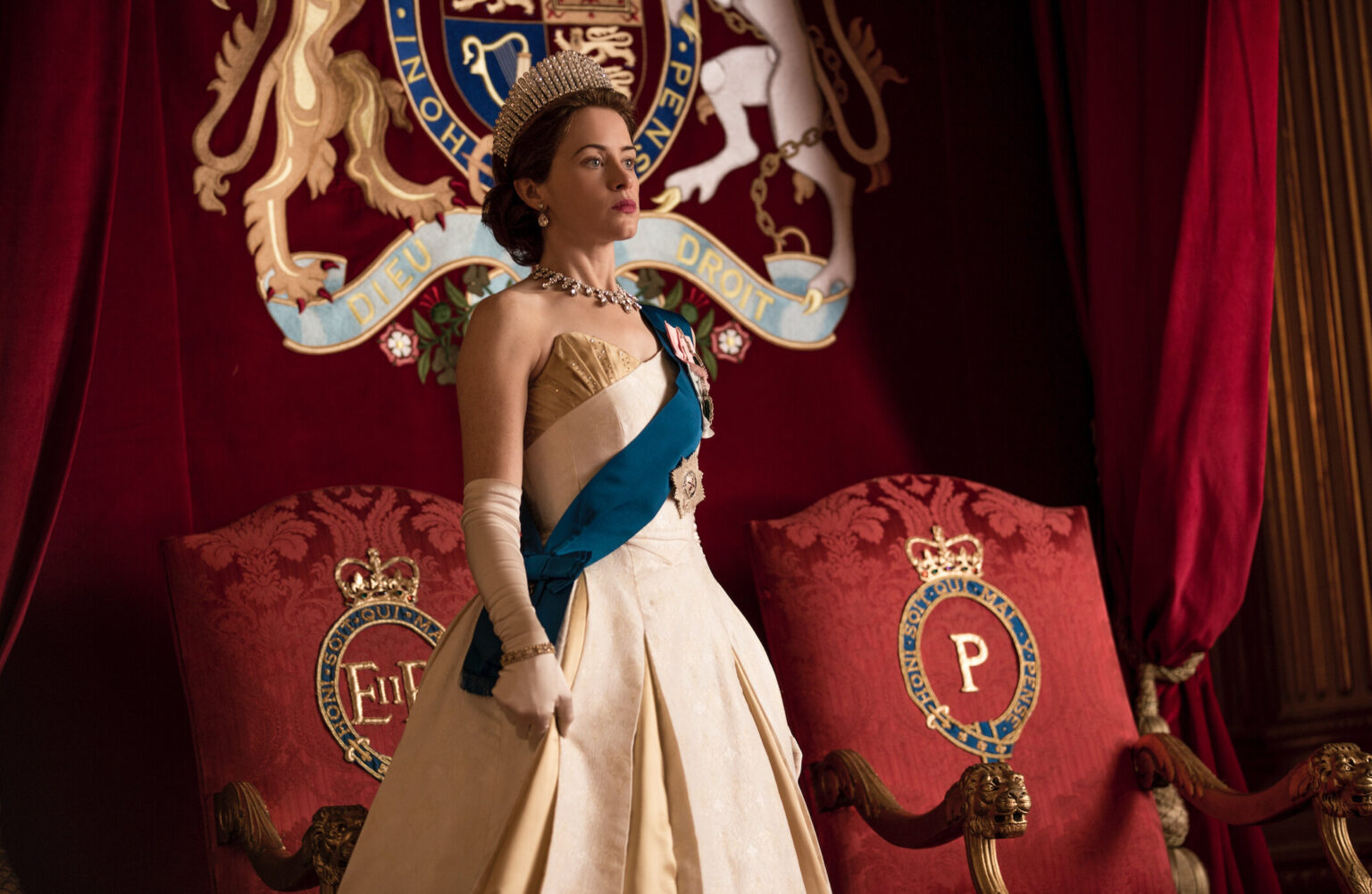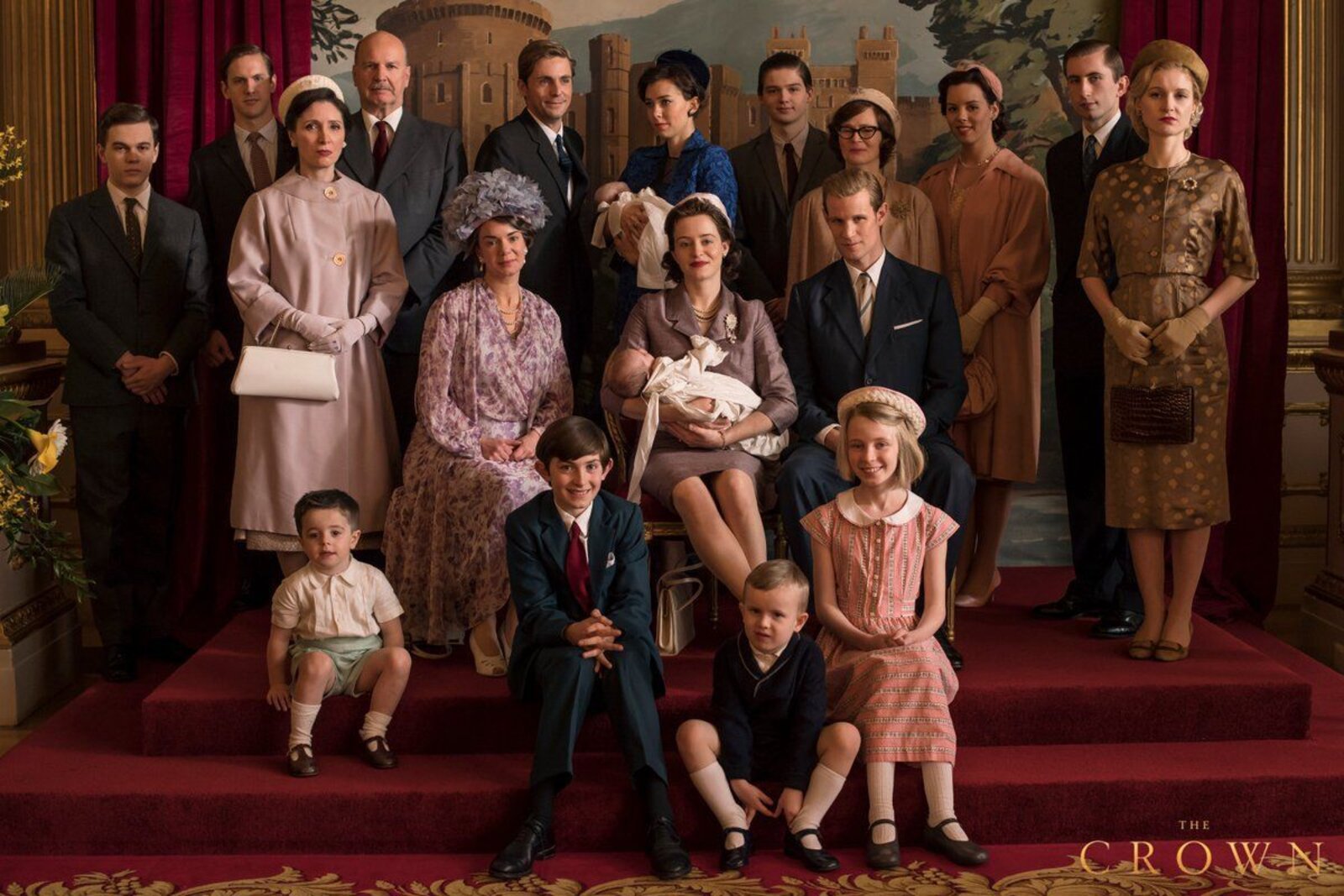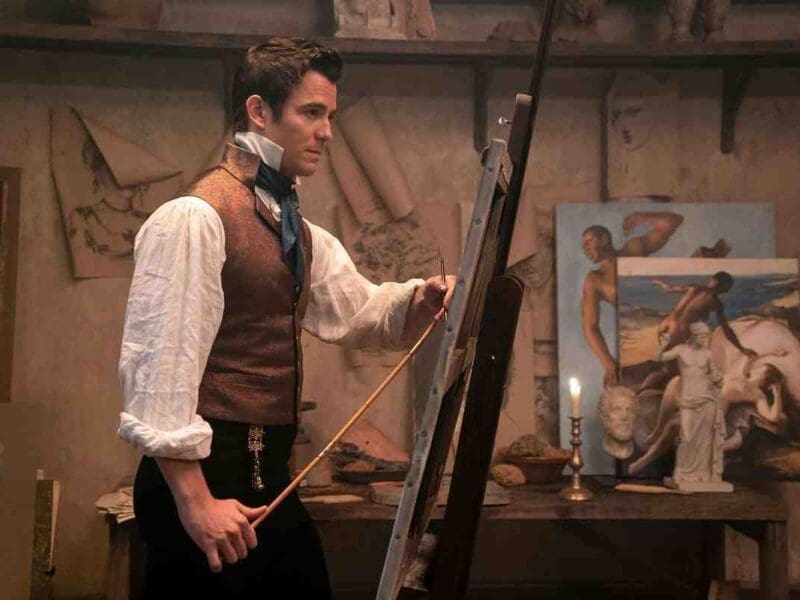
A content warning on Netflix’s ‘The Crown’? Why the UK is pushing for it
Historical fiction is a tricky genre. The debate about whether a writer owes his/her allegiance to the facts or story is never-ending. Some people believe crafting a compelling narrative should trump all other concerns. Others argue the artist has a responsibility to avoid misleading the audience with fabrications masquerading real events.
Netflix’s The Crown is the latest work of historical fiction coming under fire for taking too many liberties with its characters and their lives. The show is an adaptation of Peter Morgan’s play The Audience which centers on Queen Elizabeth II’s weekly meetings with her prime ministers. Obviously, The Crown broadens the scope to spotlight more members of the Royal Family.

The world according to Peter Morgan
Writer & creator of The Crown, Peter Morgan’s no stranger to historical fiction. An accomplished British screenwriter & playwright, Morgan wrote the screenplays for Frost/Nixon (based on his own play) and Rush, collaborating with director Ron Howard in both instances.
Frost/Nixon deals with real-life interviews of Richard Nixon conducted by David Frost whereas Rush recounts the rivalry between real-life race drivers James Hunt & Niki Lauda.

Morgan has set his sights on British royalty more than once before The Crown. In addition to The Audience, he wrote the screenplay for The Queen, a biopic focusing on the aftermath of Princess Diana’s death and Tony Blair’s struggle to guide Queen Elizabeth II through a potential PR disaster. The movie was directed by Stephen Frears.
All three films were met with positive critical reception (though, box-office-wise, some were more successful than others), and they each took their fair share of liberties when it came to historical accuracy. None of these stopped Morgan from being awarded a British Film Institute Fellowship in 2017, “in recognition of his outstanding contribution to film and television culture.”

Enter The Crown
The Crown started development at Netflix in 2014 and premiered two years later, in November, 2016. Critical response has been increasingly positive, The Crown’s already-high scores in review aggregation sites climb even higher with each new season. To say Netflix and Morgan have a major hit in their hands is an understatement.
The Crown’s focus on the soap-opera-ish nature of the Royal Family’s life has been key to its success. By recasting the characters every couple of seasons (to account for the passage of time), Morgan is able to use decades of British history as the backdrop for his story – British history many of The Crown viewers aren’t really familiar with. For some, the Netflix show might be their only exposure to historical events.

It’s easy to understand how people fall into the trap of assuming The Crown’s narrative is more factual than intended. The top-notch production value certainly sells the show as a story to take seriously. Mistaking The Crown’s fictitious elements for fact has been an issue since release, but the latest season exacerbated the problem to the point where the UK Culture Secretary felt the need to step in.
The problem with the fourth season revolves around the introduction of Princess Diana into the story. The royal drama finally reached a more recent history, so to speak, opening up more recent wounds. Watching old British figures like Harold McMillen deal with stuff like the Profumo Affair is one thing, but the show hits closer to home when we recognize the events having happened during our lifetime.

Backlash
The harshest criticism aimed at The Crown claims the drama is “highly sophisticated propaganda”, as a source close to Prince Charles put it. Royal defenders accuse Peter Morgan of using the show to push a Republican agenda. On the less political side, the main charge levelled against the newest season is that it misrepresents the relationship between Prince William & Princess Diana.
Oliver Dowden, the aforementioned UK Culture Secretary, is currently lobbying for Netflix to add a “health warning” disclaimer before every episode of The Crown. Dowden is in charge of overseeing the country’s arts & culture sector and had positive words about the show as a work of fiction. But he also believes “a generation of viewers who did not live through these events may mistake fiction for fact.”

Dowden’s not alone, and the pressure seems to be getting to some of the cast as well. In a recent appearance on The Crown: The Official Podcast, Helena Bonham Carter, who plays Princess Margaret in Seasons 3 & 4, spoke up about the issue. “I think we have a moral responsibility to say (. . .) it’s not a drama-doc, we are making a drama,” she stated, while still praising Morgan’s research & writing talent.
Emma Corrin, who plays Princess Diana in season 4, and Josh O’Connor, who plays Prince Charles in seasons 3 & 4, have expressed similar – if less intense – sentiments. In recent interviews, they have both stated the importance of acknowledging The Crown as, first & foremost, a work of fiction.
Neither Netflix nor Peter Morgan have issued any official statements regarding the backlash.







